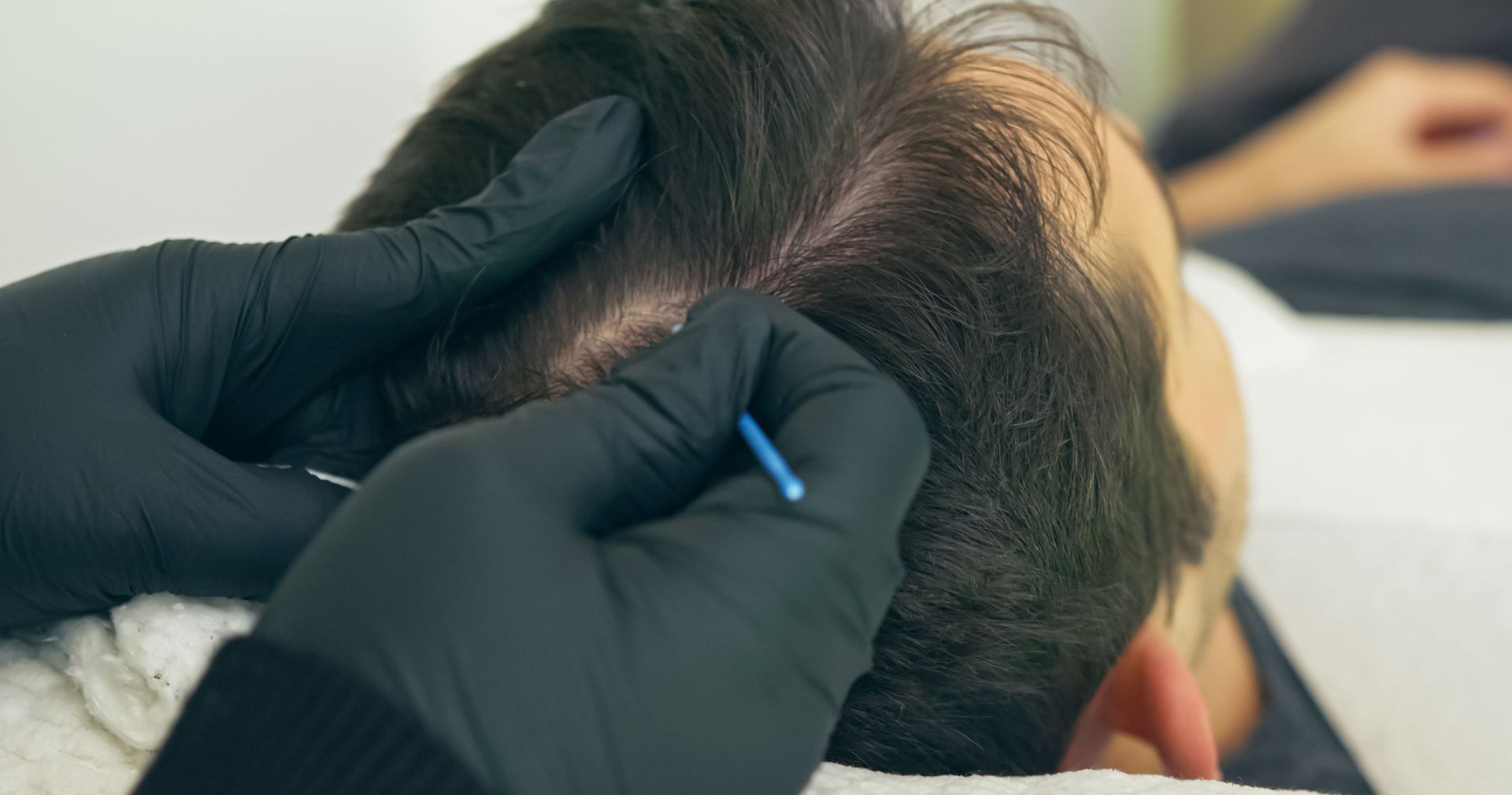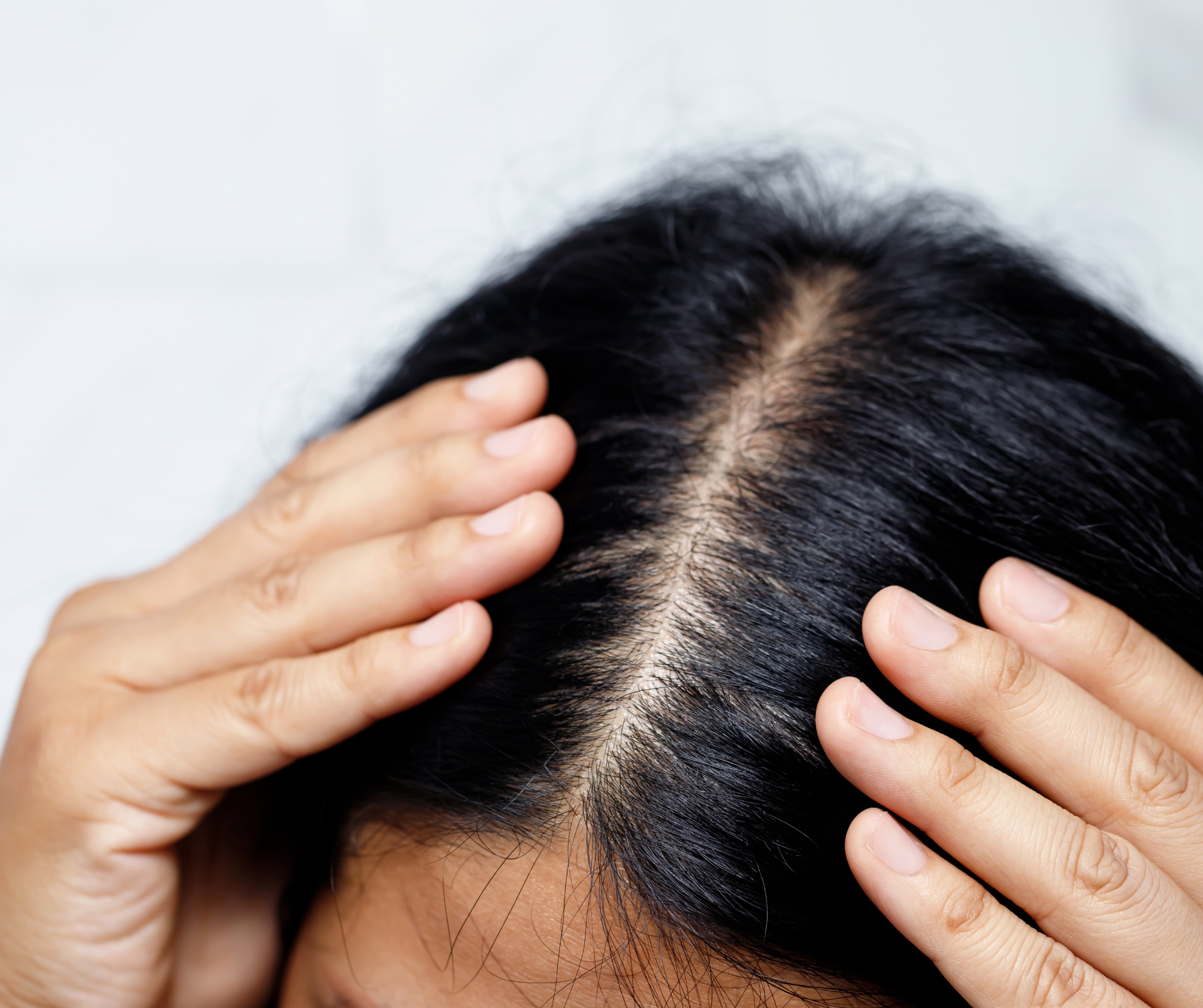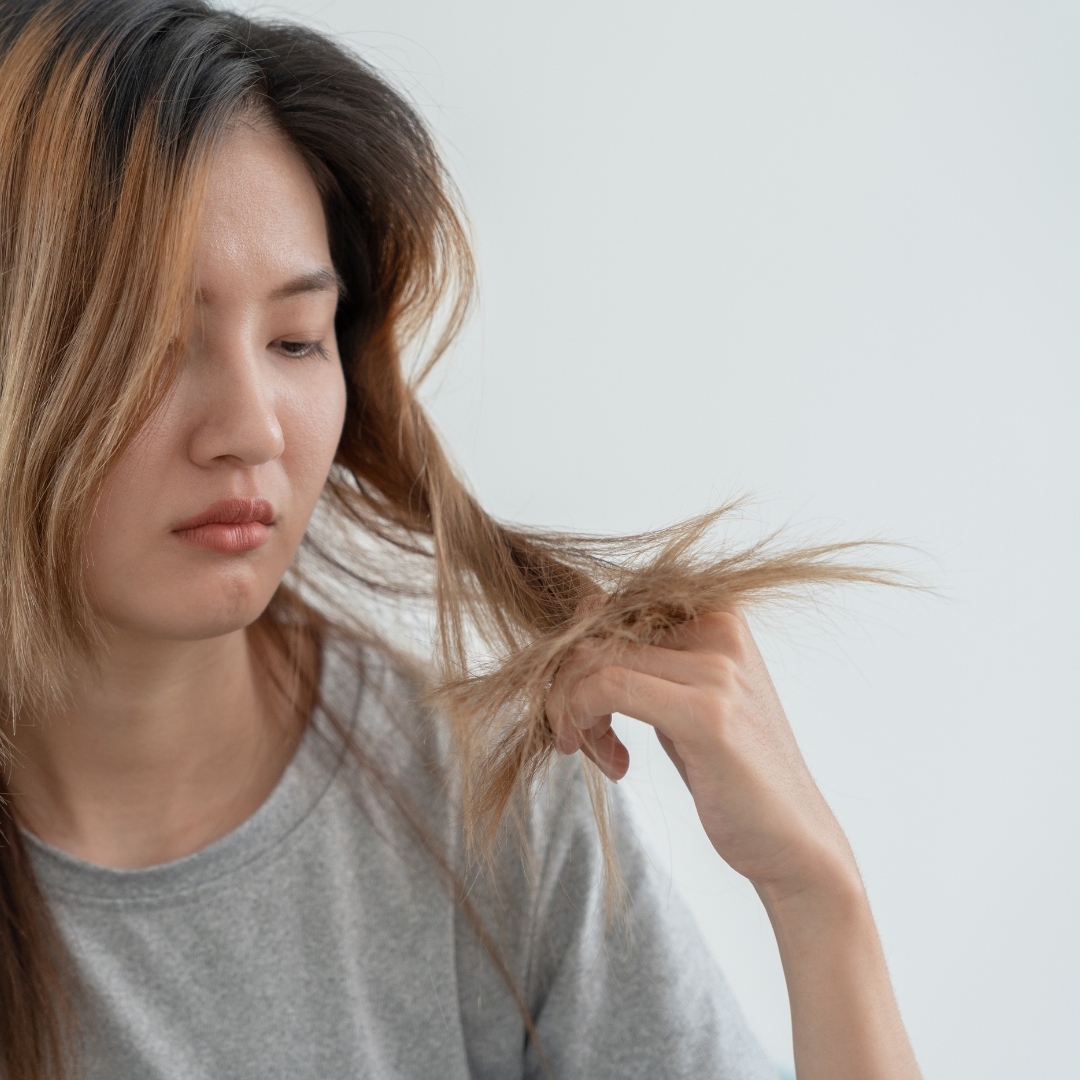Understanding Hair Loss: The Impact of Diet, Medications, and Lifestyle Changes
Exploring the Hidden Factors Affecting Your Hair Health and How to Combat Them
Hair loss can be a distressing experience for many individuals. Whether it’s due to weight loss, dietary changes, medications, or other factors, understanding the underlying causes is crucial for effective management and restoration. In this blog, we explore the various reasons for hair loss, especially during weight loss, and provide insights on how to address this issue.
1. The Connection Between Weight Loss and Hair Loss
When embarking on a weight loss journey, it’s common to experience changes in hair health. Rapid weight loss can lead to nutritional deficiencies, hormonal imbalances, and stress—all of which can contribute to hair shedding. Significant changes in diet and weight can disrupt the hair growth cycle, leading to temporary hair loss. As noted in research, a reduction in protein intake can be a significant factor. Understanding this connection is essential for those aiming to lose weight without compromising their hair health.
2. Dietary Factors Influencing Hair Shedding
A well-balanced diet is key to maintaining healthy hair. When individuals restrict calories or eliminate certain food groups, they may inadvertently reduce their intake of essential nutrients, such as proteins, vitamins, and minerals vital for hair growth.
It’s important to ensure your weight loss plan includes a variety of nutrients that support hair health, including:
- Proteins: Essential for keratin production.
- Iron: Supports blood circulation to the scalp.
- Biotin: Helps strengthen hair and promotes growth.
- Zinc: Aids in tissue repair and encourages hair growth.
3. Medications and Their Impact on Hair Health
Some medications, including those used for weight loss, may have hair loss as a potential side effect. It’s essential to be aware of these effects when starting new treatments. If you’re experiencing hair loss while on medication, consulting a healthcare professional can help you determine the best course of action.
4. Other Possible Causes of Hair Shedding
Hair loss can stem from various other causes, including:
- Stress: Physical or emotional stress can trigger hair loss conditions like telogen effluvium, where hair follicles enter a resting phase and shed more than usual.
- Hormonal Changes: Fluctuations in hormones, especially in women due to pregnancy, menopause, or thyroid issues, can lead to hair thinning.
- Scalp Conditions: Conditions like alopecia areata or dandruff can also contribute to hair loss.
5. Taking Action: What to Do About Hair Loss
If you’re experiencing hair loss, there are several steps you can take to promote healthier hair growth:
- Consult a Specialist: Speaking with a healthcare provider or a hair restoration specialist can help identify the root cause and recommend effective treatments.
- Balanced Nutrition: Focus on a diet rich in vitamins and minerals that support hair health.
- Hair Restoration Treatments: Explore non-surgical options such as PRP therapy, low-level laser therapy, or topical treatments to encourage hair regrowth.
Understanding the various factors that contribute to hair loss is essential for addressing the issue effectively. Whether you’re experiencing shedding due to weight loss, medication, or other causes, taking a proactive approach can help restore your hair’s health.
At Nurse Holly Aesthetics, we offer personalized consultations and a range of hair restoration treatments tailored to your specific needs. If you're struggling with hair loss or looking to maintain healthy hair while losing weight, contact us today to learn more about our services in Lakewood Ranch, FL.











Share On: